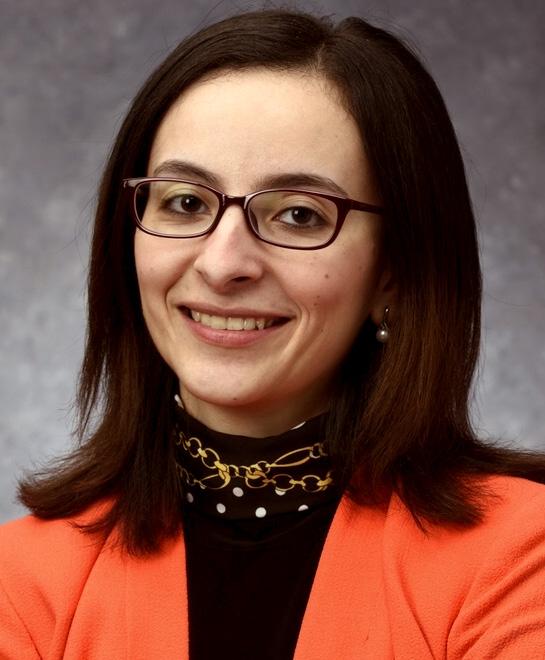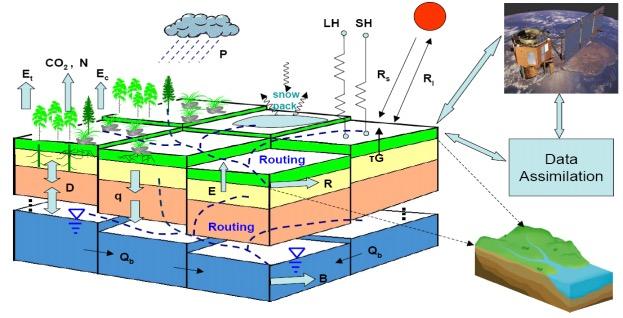ELECTRICAL & COMPUTER ENGINEERING
Feng Xiong, PhD
1202 Benedum Hall | 3700 O’Hara Street | Pittsburgh, PA 15261
Assistant Professsor
P: 412-383-5306 f.xiong@pitt.edu xionglab.pitt.edu
Tunable Two-Dimensional (2D) Electronics Biography Dr. Feng Xiong is an Assistant Professor in the Electrical and Computer Engineering (ECE) Department at University of Pittsburgh (Pitt) since 2016. He received his PhD (2014) and M.S. (2010) in ECE from the University of Illinois at UrbanaChampaign (UIUC) and his B. Eng. in ECE (2008) from the National University of Singapore (NUS). Prior to joining Pitt, Xiong was at Stanford University as a postdoc fellow. His research interests are in energy-efficient electronics, next-generation memory devices, novel 1D and 2D materials, flexible electronics, nanoscale thermal transport and renewable energy harvesting. He received several awards including the Nano- and Quantum Science and Engineering Postdoctoral Fellowship, MRS Graduate Student Gold award, and TSMC Outstanding Student Research Gold Award. He is a member of IEEE and MRS.
2D Transition metal dichalcogenides (TMDs) are widely considered to be promising candidates for beyond-Si computing due to their two-dimensional nature with no dangling bonds and unique material properties. They are studied for a range of applications such as transistors, optoelectronics, sensors, and electro-catalysis, which often have different material properties requirements. While researchers are actively looking for methods such as doping, strain, and nano-structuring to engineer the material properties of 2D films and optimize their performances for various applications, there has yet to be an effective way to manipulate their properties. We adopt a novel approach using electrochemical intercalation to engineer electrical, optical, and thermal properties in 2D materials and achieve “materials by design” for tunable electronics.
Low-Power Emerging Memories In today’s big-data era, trillions of sensors will connect every aspect of our lives to the Internet, constantly producing an overwhelming amount of data. Traditional memory technologies such as DRAM and flash are approaching their fundamental limit and cannot satisfy the required throughput and energy efficiency. The Xiong group is working on alternative memory technologies such as phase change memory PCM and resistive memory (RRAM), which are highly scalable, energy-efficient with high-speed switching and excellent endurance.
Research Interests • • • • • •
Energy-efficient electronics Device physics Flexible, wearable electronics Novel 1D/2D materials Electrochemical intercalation Tunable electronics
• Next-generation memory devices (PCM and RRAM) • Neuromorphic computing • Electro-thermal transport • Thermoelectric energy harvesting
DEPARTMENT OF ELECTRICAL AND COMPUTER ENGINEERING
Electronics
Energy Efficient
Tunable Electronics
Flexible Electronics
Energy Harvesting
Materials Innovation
93





























































































